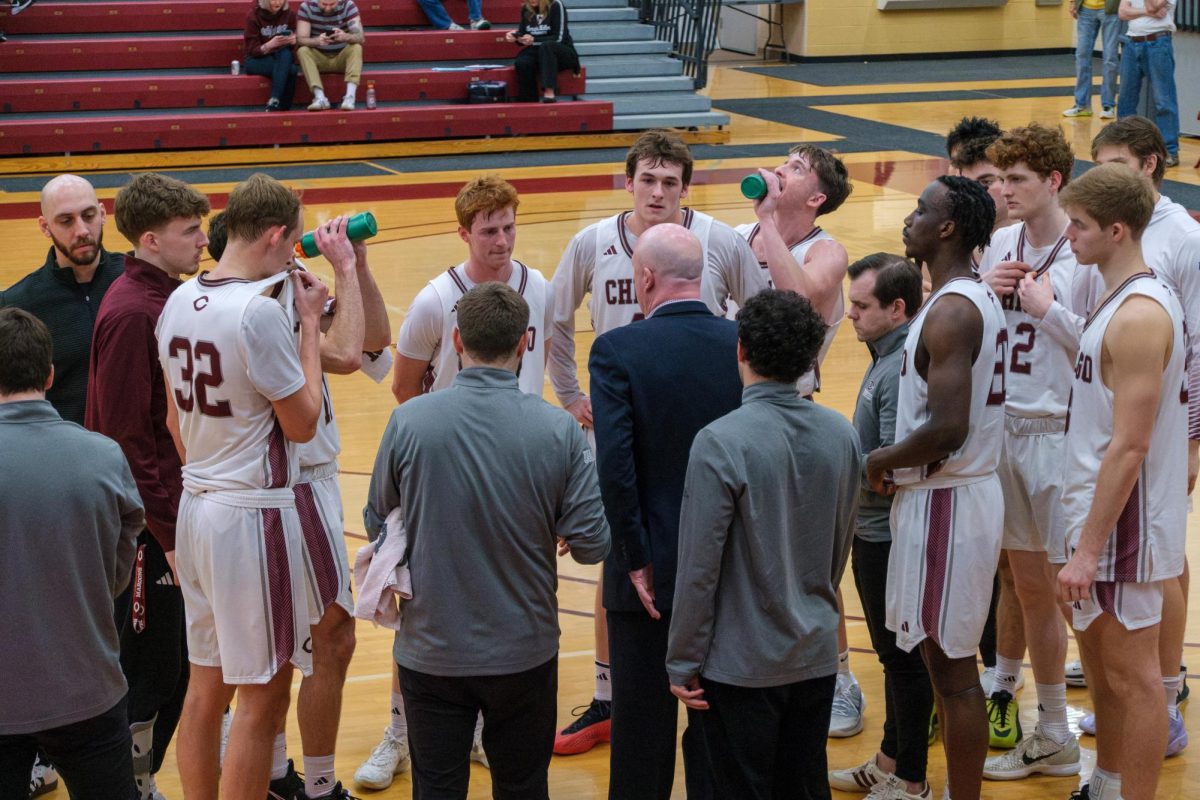The fact that the French squad for this week’s friendly against Belgium does not include Manchester City’s Nicolas Anelka is not much of a surprise. The claim that France doesn’t need him when his replacements are Peguy Lyuindula and Louis Saha is, however, about as convincing as the latter’s apology to the Fulham fans on his departure for Old Trafford. Is there any hope for France’s enfant terrible?
When Anelka arrived at Arsenal in 1997 at the tender age of 18, the Clairefontain graduate faced the almost impossible task of dislodging the dual-legend strike partnership of Dennis Bergkamp and Ian Wright. However an injury to Wright opened the door, and Anelka needed no invitation. His deadly pace and finishing were the perfect complements to Bergkamp’s guile and craftsmanship, and the combination fired the Gunners to the double. The high point had to be his humiliation of Manchester United’s new record signing, Jaap Stam, in the Charity Shield. But after the Red Devils won the treble, the young Frenchman suddenly decided that the money and glamour offered on the continent was simply too much to resist, so he packed his bags for (a pre-galactic) Madrid.
It was at Real where things began to deteriorate. His lack of focus in training did not endear him to the management, nor did his ridiculous accusations that his teammates were not passing to him. He cost Madrid a lot, but he wasn’t delivering and their patience was wearing thin. The crucial group-deciding match against Corinthians in the World Club Cup was set to define the new Anelka: flashes of brilliance interwoven with impetuousness and downright immaturity. Having grabbed a brace, his side earned a late penalty with the sides locked at 2-2. Skipper Fernando Hierro, whose penalty-scoring was such a foregone conclusion that he had become the national team’s highest ever scorer even though he was a defender, was the obvious choice, but young Nicolas wanted his hat-trick. One poor penalty later, and Madrid were consigned to a third-place match against Mexico’s Necaxa, a match they went on to lose.
Upon Madrid’s return to Europe, there was still time for Anelka to remind us all of his latent splendor with a trio of goals which secured Real a place in the Champions League final at the expense of Bayern Munich. Valencia was subsequently crushed and Anelka added a European medal to his English domestic double, even though he was still barely 21. But Madrid had had enough of Anelka’s antics, and he returned to PSG. Two seasons of rubbish, filled with the usual helping of moaning and paranoia, was followed by a loan spell at Liverpool. However his form and attitude were so consistently poor that he had no choice but to accept an offer from newly promoted Manchester City, an absurdity for a player of his experience, age, and talent.
Yet for all his childish behavior, Anelka remains France’s second-best, if not best, striker in terms of raw talent. David Trezeguet may get goals-a-plenty for club and country, but he has never been the sort of player to make something from nothing, or to win matches single-handedly. Anelka’s blistering pace, two-footedness, and superb technique make him a handful whenever he has the ball at his feet. Ironically enough, it is only when it comes to using his head that Trezeguet outperforms Anelka, whether it involves a ball or not, but the likes of Sydney Govou, Djibril Cisse, and the life-members of the Mickey Mouse Club, Saha and Luyindula, do not come anywhere near Anelka’s level.
So why are they on the national team at his expense? For the infuriating reason that Anelka fell out with coach Jacques Santini because the latter refused to grant him the status of “unconditional first choice striker”. Santini has every right to exclude Anelka pending apology, even if it means scraping Saha out of the bottom of the barrel. The fact that Anelka still feels wronged is a clear indication that he is not ready to play for Les Blues.
Any Arsenal fan will tell you that for all Thierry Henry’s current brilliance, even he did not exhibit the talent of Anelka at age 18. Had he stayed at Highbury, there is little doubt he would be the best striker in the world at this moment. What makes it more of a shame is that not all those who are adulated from such a young age necessarily turn sour—look at Raul or Michael Owen. The fact that he is 25 means that, theoretically, he still has time to train hard, play well and turn into the superb player that his talent demands. However most of the football community is fed up with Anelka’s arrogance towards his colleagues, his fans, and football at large, an arrogance that has spectacularly resurfaced just recently when he stated his desire to play for a better club than Manchester City. So no, there is no hope for Anelka. May the brilliance that graced Highbury six long years ago rest in peace.








